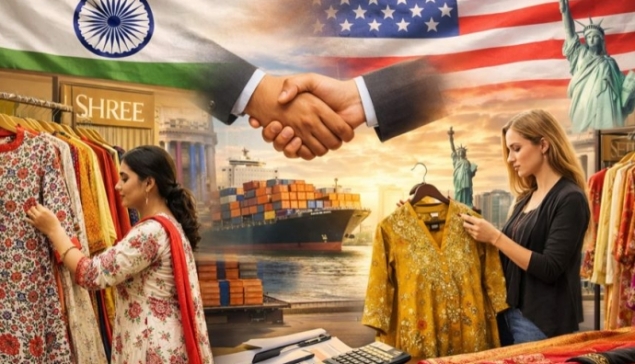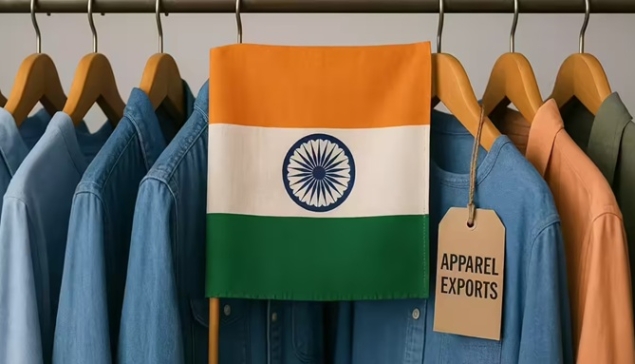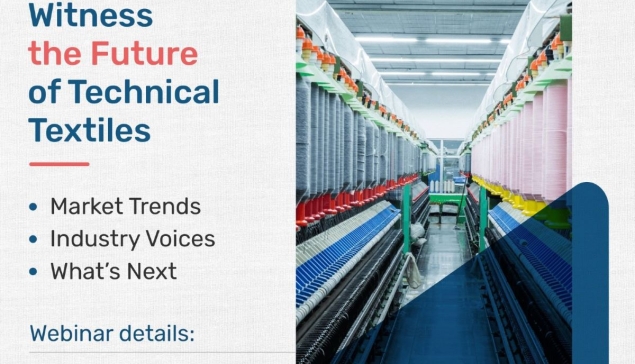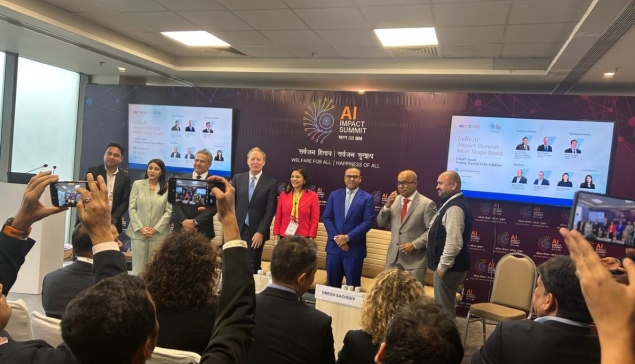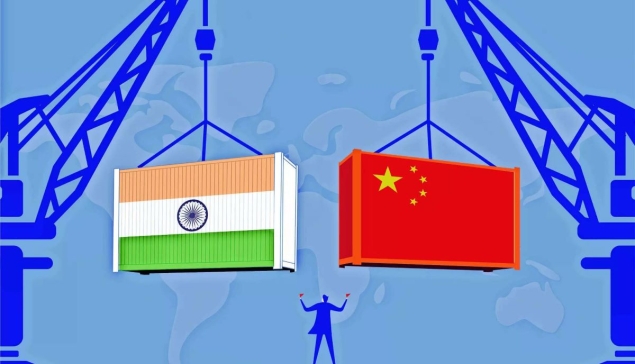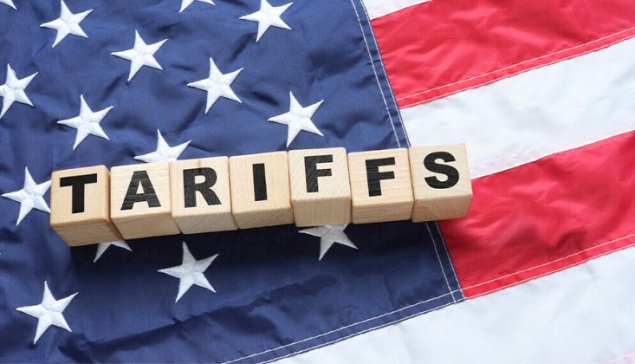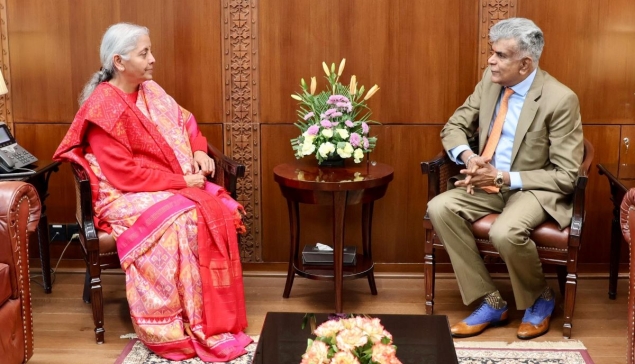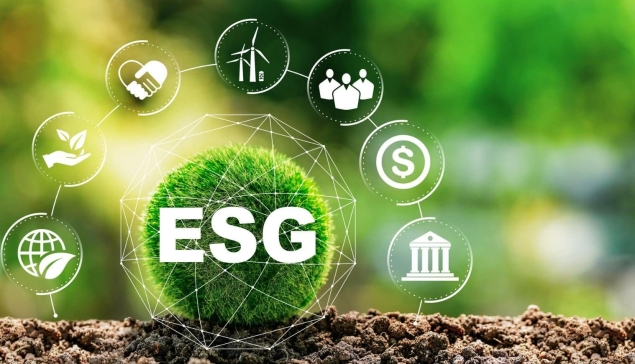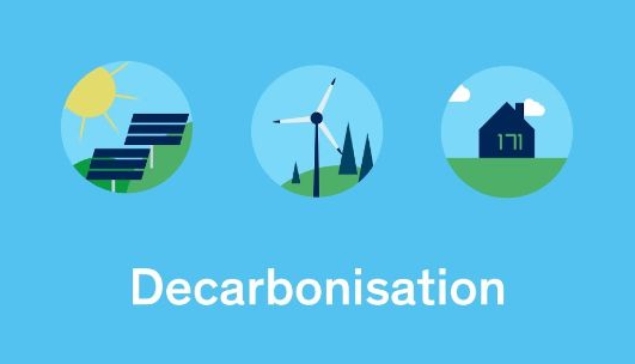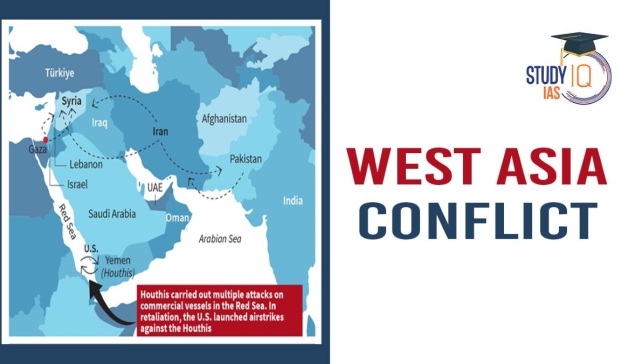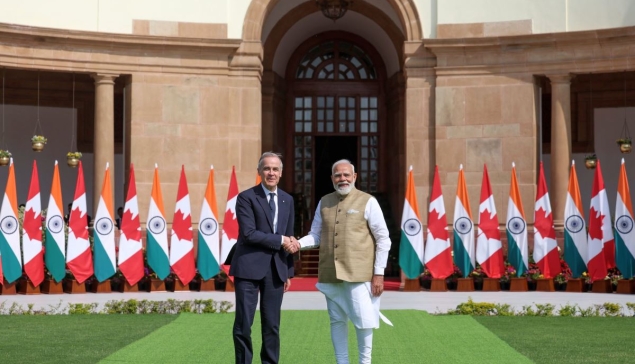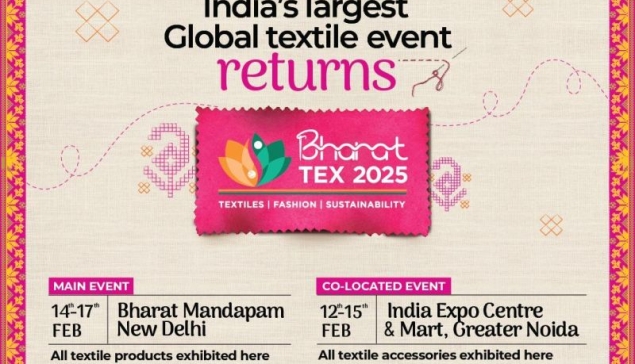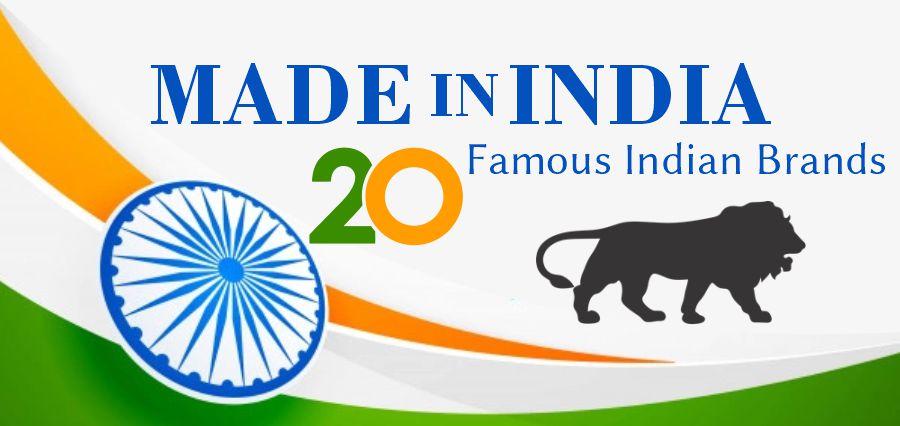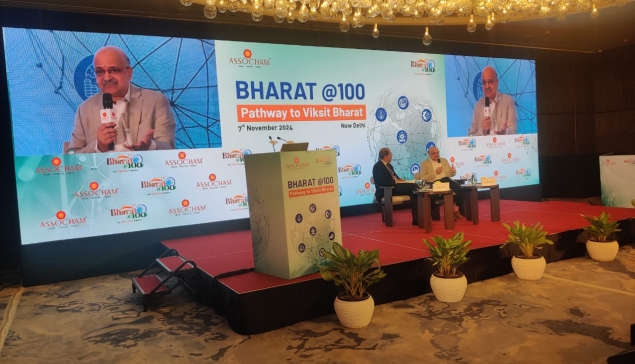Anil started by saying," If you see the global context, what are the issues which are challenging climate change, biodiversity? So, what is happening in all the countries, uh, sourcing countries like India, Africa, and Southeast Asia?
We are not just producing goods but we are exporting our resources to Europe and America which is a bigger issue.
And, when we export a garment, we are not just exporting a garment, we are exporting water and energy which is consumed in the countries.
So if you see a global trend, consumers are aware, uh, there is a, uh, very thin line between what people perceive as sustainability, organic and natural. So most of the people globally now, uh, they respect, sustainability and they want to pay. A premium for sustainable products and they want to be a part of responsible, sourcing and production.
So these are again, some of the things which is showing the trend, the efforts, and people's wishes.
So there are people who are even ready to buy quad brands who are not doing anything on sustainability.
So, this is, what EcoCert has been doing we started on organic food certification which is the primary business, but we then entered into textile certification, cosmetics, and other sustainable schemes.
So, if you see the graph the major opportunity for the industry is sustainability.
So, what are the issues for the industry? The different claims made by brands, which is also called greenwashing. So if you see, every company has a different way of calling what is sustainable. But whenever they claim anything, that needs to be certified by a company, uh, against the standards so that it is more valuable and, customers have faith on it.
So if you see, these are the different claims made by a brand, bio, natural, eco, earth-friendly, chemical friendly, and, to support these, sustainability-related initiatives, there are private and government-related schemes and certification brands that can be used by different companies. So there are three pillars of sustainability and as you can see, it is economic development, social progress, and environment.
So if you see the supply chain, in India or anywhere, all the actors in the supply chain need to be part of the schemes and standards.
So, when you say, different, uh, areas where sustainability, uh, can be, uh, achieved is by different, uh, uh, schemes, uh, when we say sustainability, we start with convention which uses a lot of resources, chemicals.
So this is what sustainability means like Mahatma Gandhi said. If we have to be sustainable, we need to address and do whatever is needed, not, uh, should not be greedy. And a few things which I want to share, uh, which India as a country can do. So when we say, uh, business, uh, development or, uh, growth, we always talk about exports, which should not be the case.
If you see India as a country, we have a 1. 4Bn population which can be the customers, and we are a sustainable country, for hundreds and thousands of years. And, the initiatives, which can be done is, if you see, all the standards and schemes which are there for sustainable and clean, products, they are all developed by, European and American companies.
So India needs to develop their standard, which we, which can be marketed, uh, In global, uh, market as India's standard, just to give an example, uh, if you see, the government of India invested a lot of money in the northeast for organic certification and Sikkim was declared as the first organic certified state and this is what can be done for textiles also.
And if you see, the example of China, which used to be the number one exporter, now they are shifting there. production outside China because it is a polluting industry. So the good example of centralized production is Tirupur in South India. So we need to have more cities like Tirupur, uh, which are sustainable.
Is brand India challenged?
You can take the example of Panipat, Sonipat, which is also a very big hub for recycled material for home furnishing. So as a country, we need to have our brand, our label. And then we need to market that. One more example I would like to give is Kasturi Cotton, which is becoming a good brand and a promotional material for India.
So we also need to have something similar for India as a country. Just like we are exporting Ayurveda medicine and yoga, everything. So we can also have the same for sustainability. Second thing is the market has to be India. Make in India, made for India. So the consumption happens within the country, and we do the recycling here.
We need to have centralized facilities and policies related to the production. And, uh, we need to have this, uh, policy in our mind. And then after this, seminar. Please do post on the event, just like someone was saying about I love you, you won't know until you put it on Facebook and Instagram.
So, if you are here, that means you believe in the concept. So, do promote and tell others what is sustainability."


